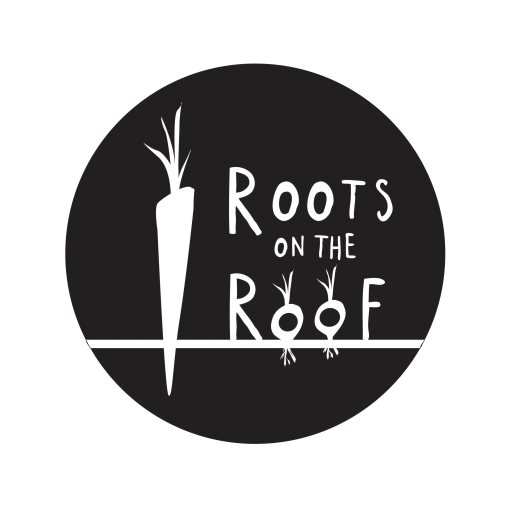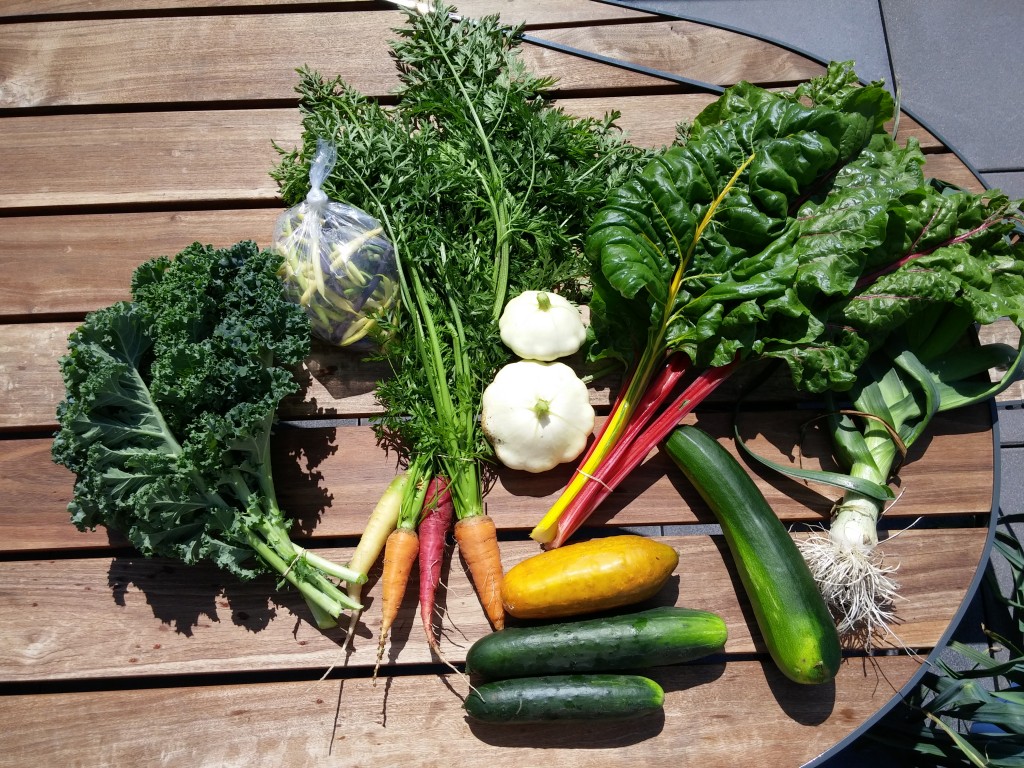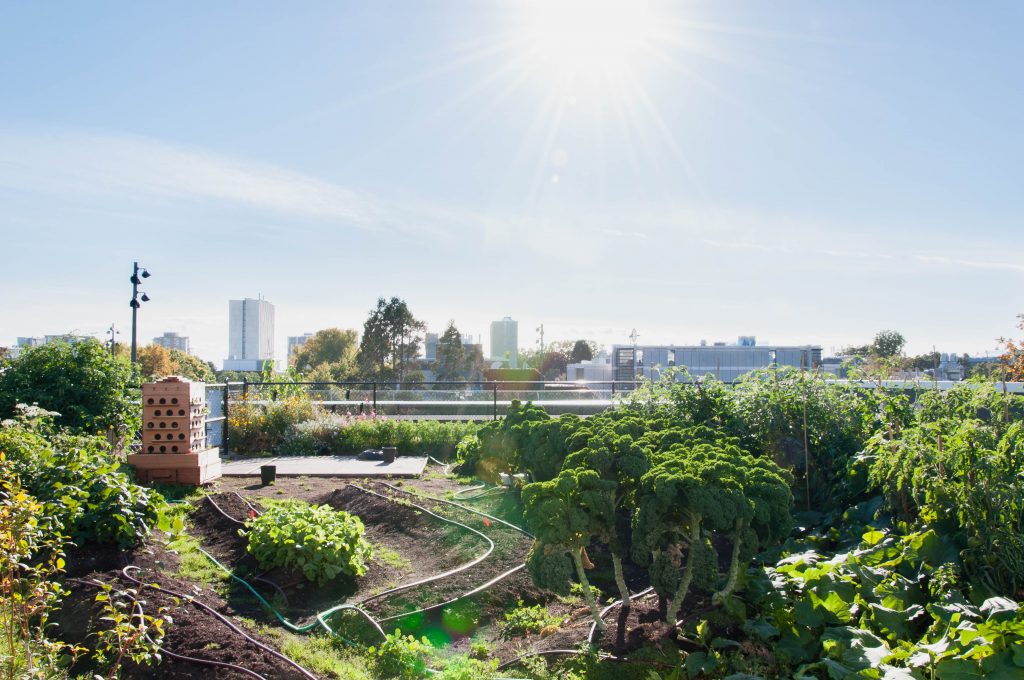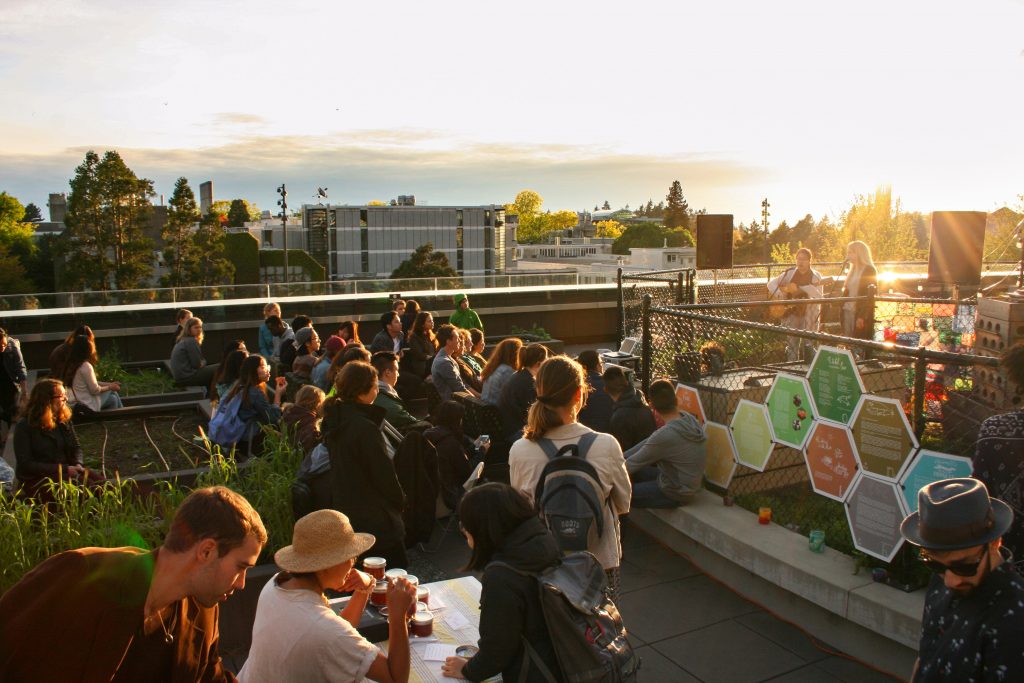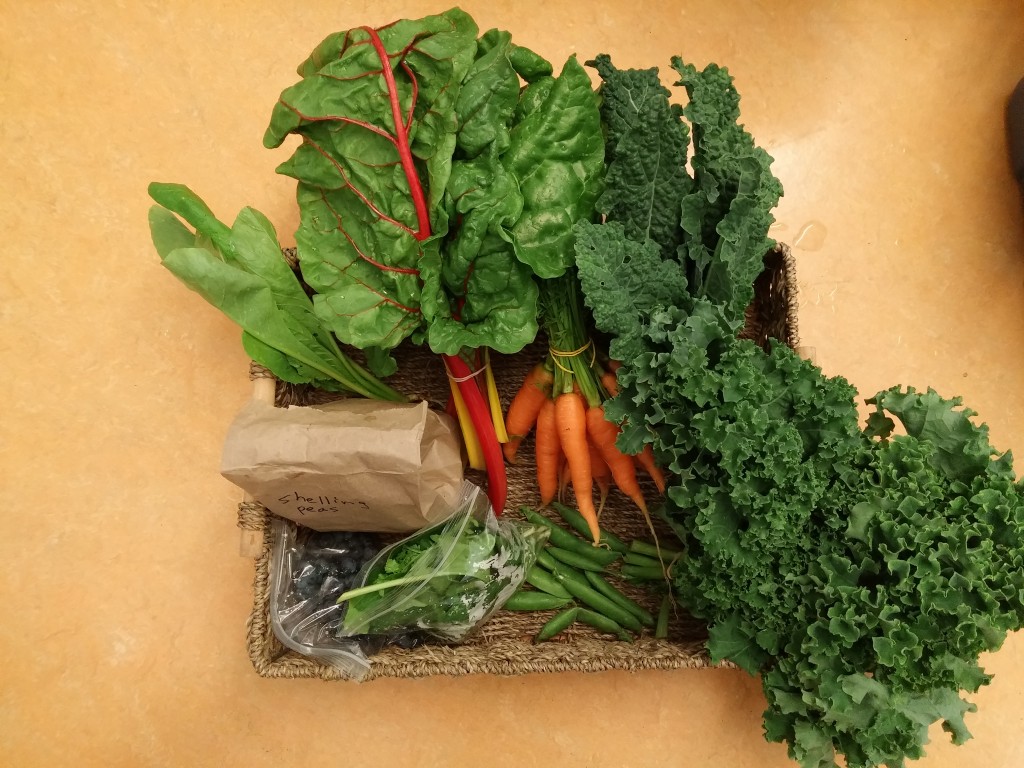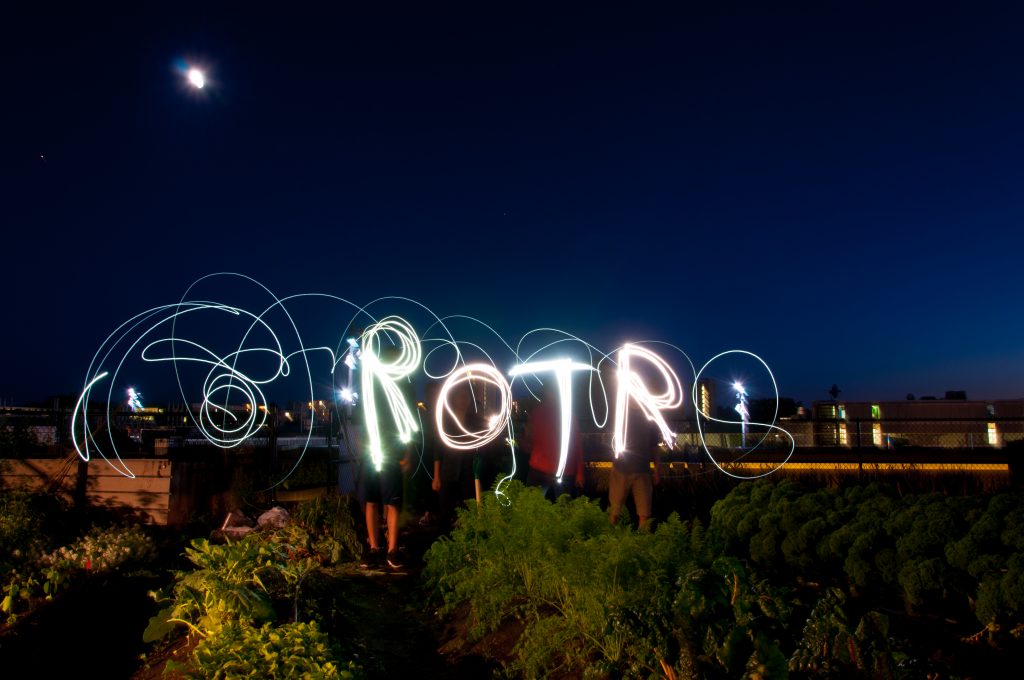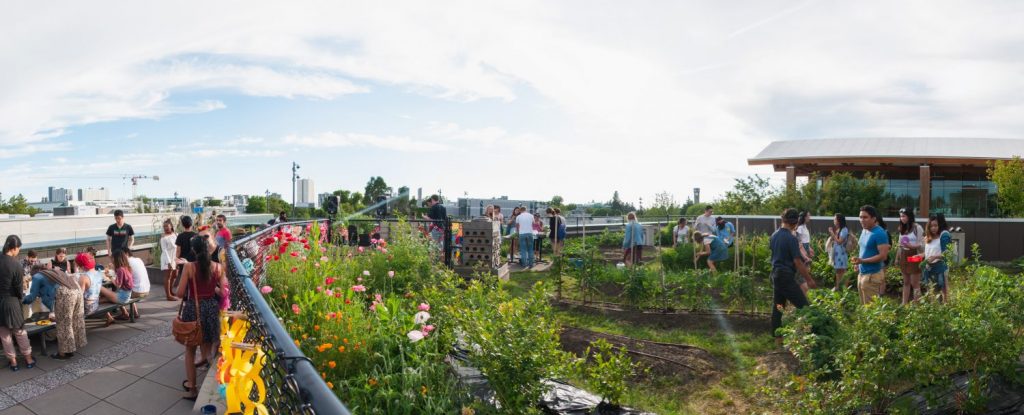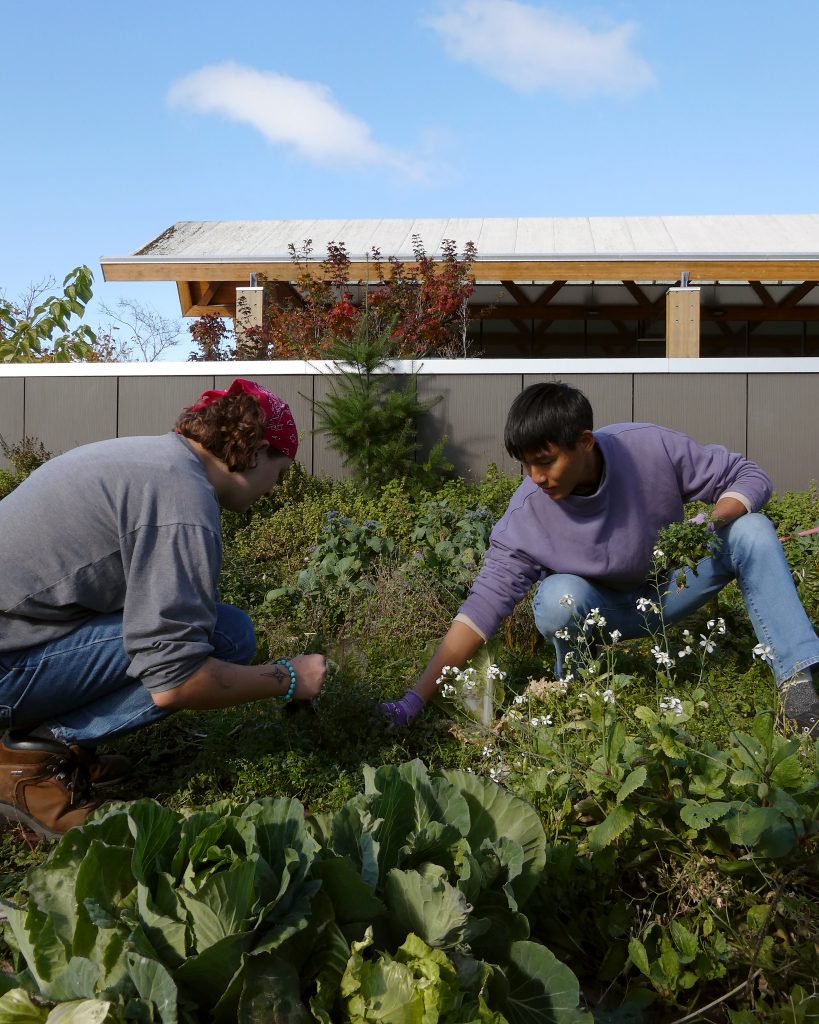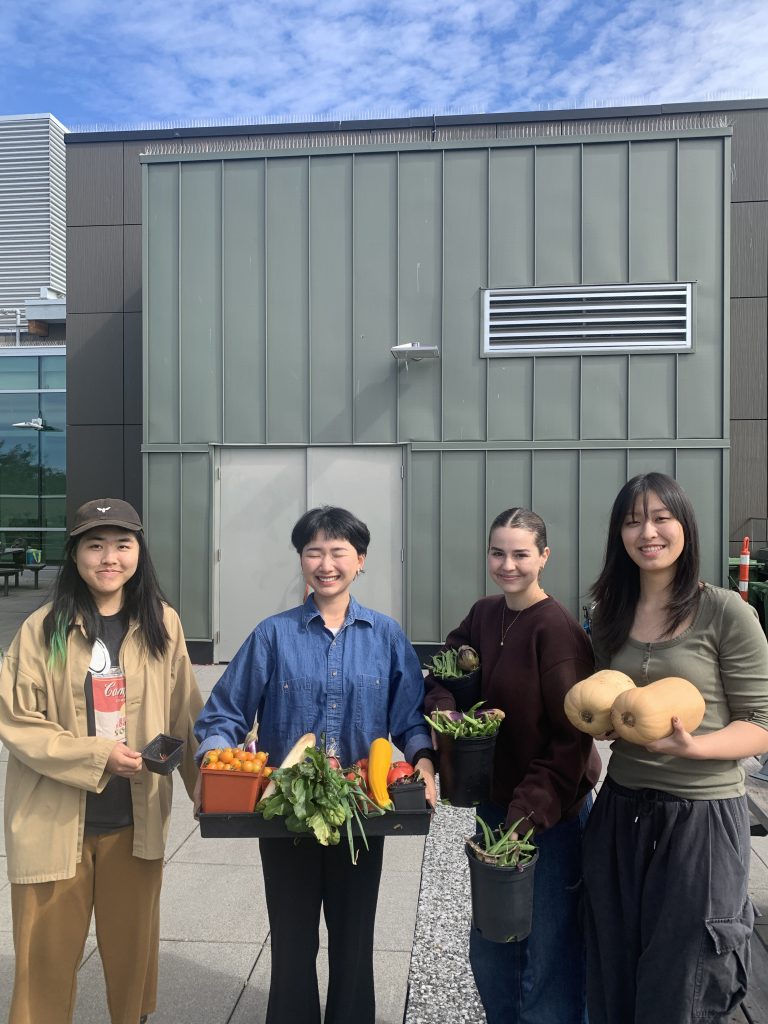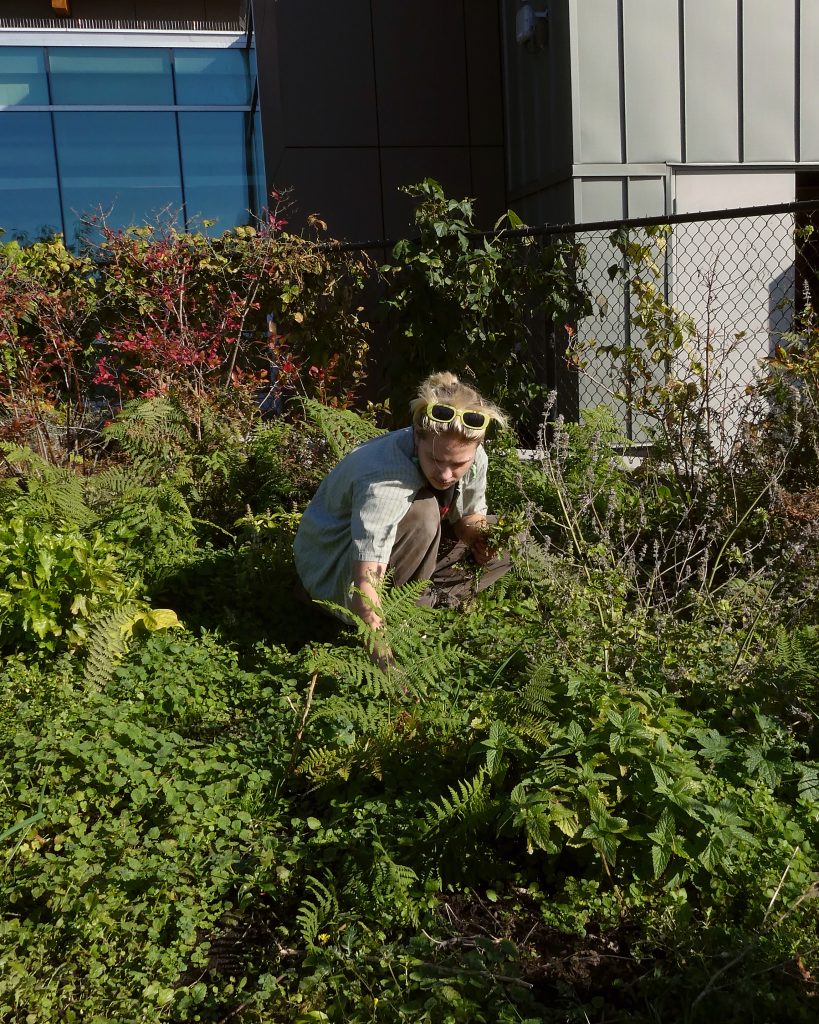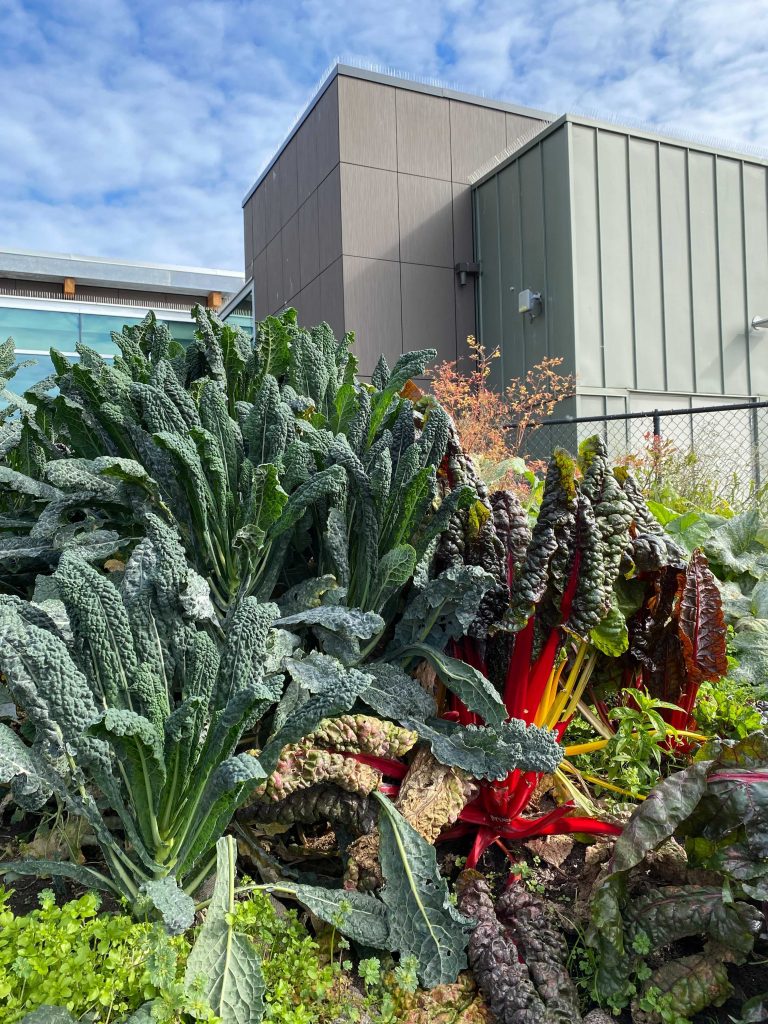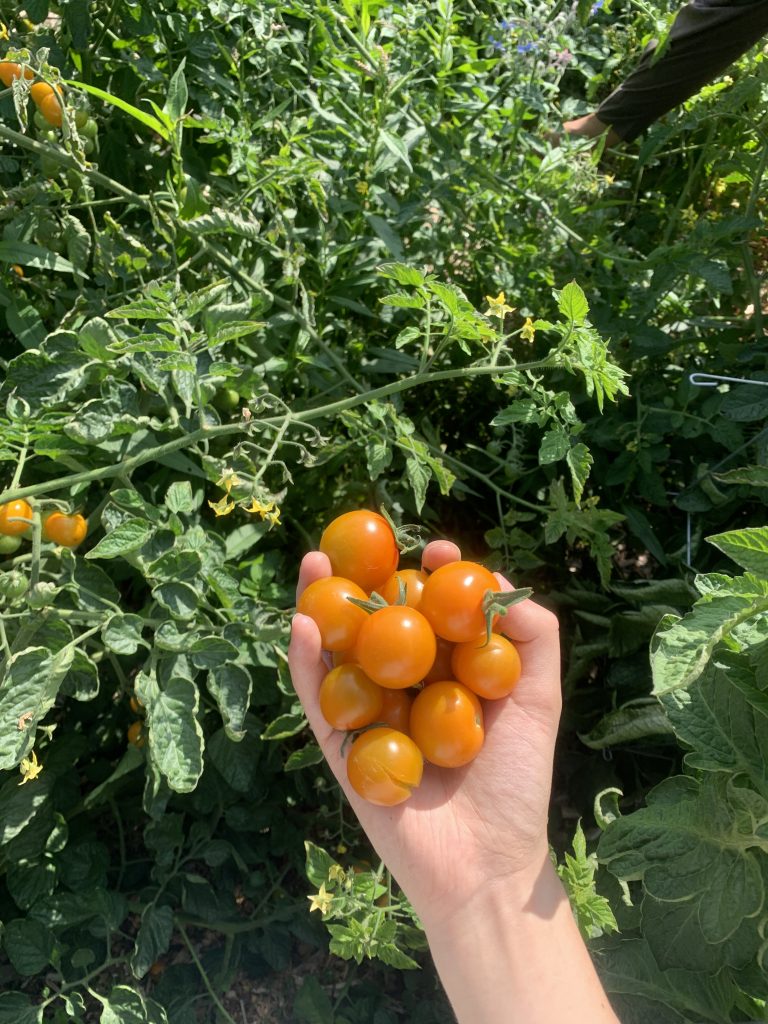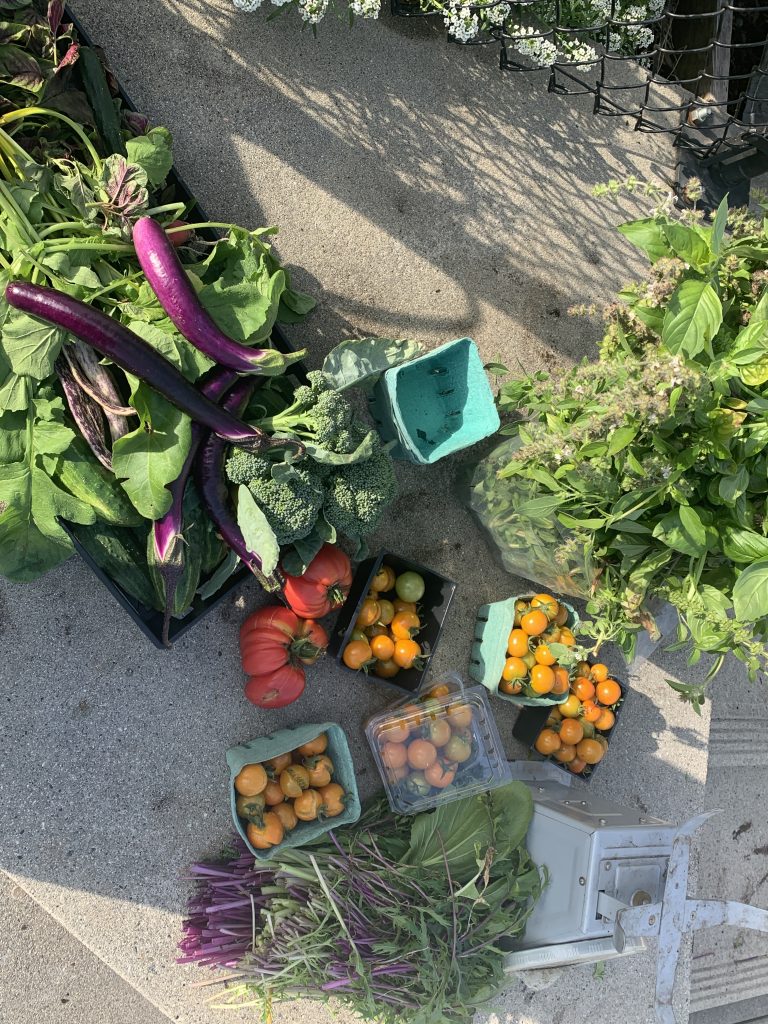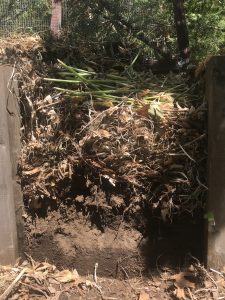Composting at home is a great way to reduce waste and fight climate change while nourishing your garden. You can also buy fertilizers to help your garden grow, but why not make just make compost for free from your garbage?
The ideal compost bin has gaps for drainage and aeration- A simple wooden box often works best. Any organic matter from the kitchen can be composted. Just use a shovel or gardening fork to turn it once a week and withing a few weeks or months you’ll have nutrient dense soil. The speed of decomposition can vary a lot, largely depending on the climate and what you compost. If you want to speed up your composting consider cutting your plant waste into small pieces before tossing them in the bin. Paper products can also be composted (Make sure they aren’t layered with plastic or wax), but it helps if they’ve been shredded. In fact, a good compost has a mix of carbon-rich “brown” materials like paper, leaves, and wood chips alongside nitrogen-rich “green” materials like vegetable scraps. Layering the green and brown material (with brown on the bottom) creates the ideal environment for the microbes you need. Meat products will also decompose, but may attract rodents. If you find yourself with a pest problem keep bones and buttery leftovers out of the compost.
Find a spot with good drainage in the backyard for your compost bin. If you don’t want to compost at home, ask your local grocery stores, restaurants, and farmer’s markets if they have programs to take food scraps. You can share a compost with the neighbors or contribute to one at a community garden. Some municipalities will also pick up food scraps from your home.
If you want to compost indoors, that can be done by vermicompost– using worms to compost. If you house about 1000 red wiggler worms in a box with holes for aeration and drainage they will eat your vegetable scraps before they go bad and get smelly.
You’ll know your composted is finished when it’s a fluffy, earthy soil that no longer smells like it’s still in the process of rotting.
